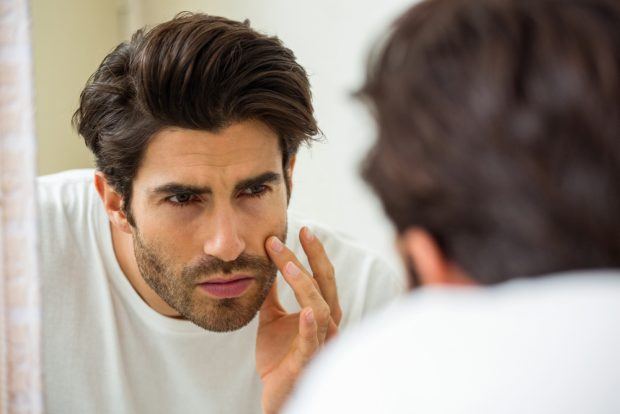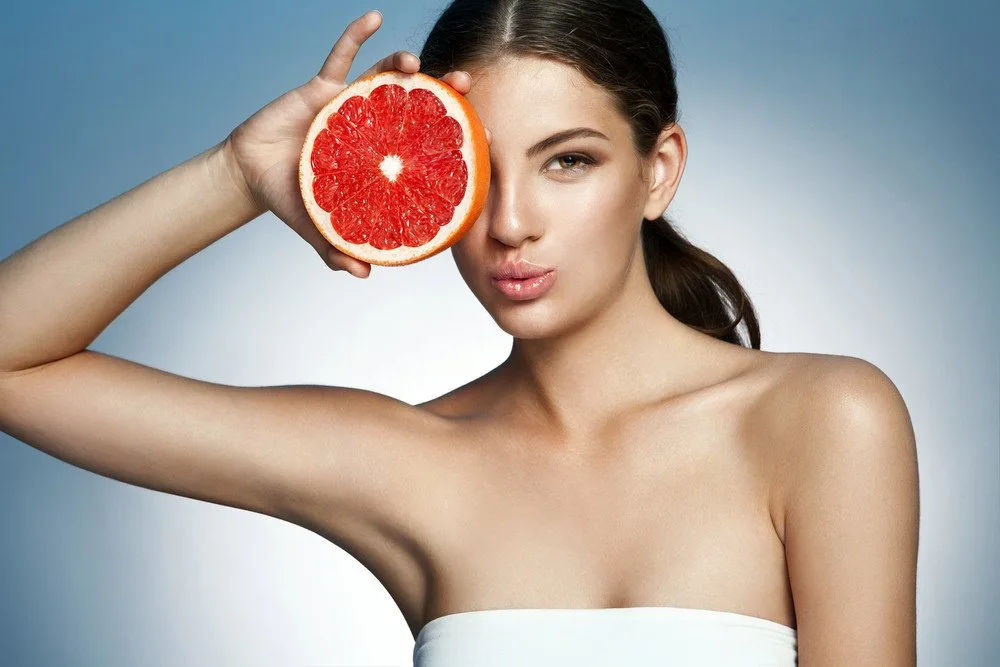Almost every skincare brand on the market today has incorporated antioxidants as an ingredient in their product ranges. For many customers, the process of selecting the right one for their skin needs can be overwhelming. Two of the most frequent questions from customers arise about which ingredients they should include in their routine and the difference between the various antioxidants.
Before you embark on incorporating antioxidants into your routine, it is important that you know what role they play and their importance. I’m breaking down everything you need to know about antioxidants and how to choose the right ingredient for your skin needs.
What are the benefits of including antioxidants in your skincare routine?
There are numerous benefits that antioxidants provide for your skin, the most critical being fighting free-radical damage. Free radical damage or oxidative damage is a major cause of aging skin after UV damage. This results in rough textures, pores, pigmentation, and wrinkles.
Antioxidants also prevent visible and infrared light damage. Often we are not even aware of the light waves emitted from our computers, laptop screens, and mobile devices, but they can cause damage to the skin.

wavebreakmedia/shutterstock
Antioxidants enhance the effectiveness of sunscreens, preventing further sun damage and helping to repair UV damage. Other benefits include increasing skin cell healing and regeneration, increasing collagen and elastin production, and helping to treat scars.
How to choose the best antioxidant?
Your best approach when choosing the appropriate antioxidant for your skin is to focus on your main skin concern. By using this approach as your starting point, the choice of antioxidant is made much easier and is less confusing.
Below is a quick reference guide to assist you in identifying which antioxidants are suitable, based on your skin concern:
Fine lines and wrinkles
My go-to ingredient for fine lines and wrinkles is vitamin A and the specific ingredients I look for are either retinol or granactive retinol. My preference is granactive retinol, mostly because it has a less sensitizing effect on the skin. However, both ingredients have been shown to be very effective in treating fine lines and wrinkles.
If you have any contraindications for using vitamin A like pregnancy, breastfeeding, or using oral Roaccutane, then a suitable alternative is vitamin C.
I advise patients to only use retinol every third night for the first two weeks, followed by every second night for an additional two weeks. This will help reduce any skin reactions or sensitivity. If you don’t experience any side effects, you can continue applying vitamin A every night. Start with a lower strength first and then slowly move up to the higher strength of retinol or Granactive retinol.
My product recommendations:
Pigmentation
Vitamin C not only acts as an antioxidant for the skin, but it also has amazing properties for treating hyperpigmentation. It does this by helping to block the enzymes necessary to produce new pigment or melanin in skin cells. When treating hyperpigmentation further benefits will be achieved by adding Vitamin A to your night-time skin regime.
My product recommendations:
Acne and oily-prone skin
Vitamin A is a great ingredient to add to your routine if you suffer from oily and acne-prone skin. This ingredient has been shown to help reduce sebum production, which is one of the major contributors to pores, oily skin, and bacteria accumulation, resulting in breakouts and acne lesions.

Africa Studio/Shutterstock
My product recommendations:
Textured skin
People who suffer from rough or textured skin will benefit from a combination approach of vitamin C in the morning and vitamin A at night. In the same light, if you suffer from a combination of skin concerns like fine lines and wrinkles, pigmentation, pores, and rough texture, your best approach would be to combine vitamins A and C into your skin regimes.
My product recommendations:
Please note that there are specific contraindications for using topical retinol, including pregnancy, breastfeeding, and oral Roaccutane. If you have any of these contraindications, then a suitable alternative is a topical alpha hydroxy and polyhydroxy acids.
Want to know more?
The skin barrier is the outermost layer of your skin’s surface, and it consists of cells and lipids. A highly functioning and healthy skin barrier will ultimately allow topical products and ingredients to effectively treat and maintain the skin. Dr Alek Nikolicn recommends these 10 steps to move toward a strong, effective skin barrier.





![women [longevity live]](https://longevitylive.com/wp-content/uploads/2020/01/photo-of-women-walking-down-the-street-1116984-100x100.jpg)










